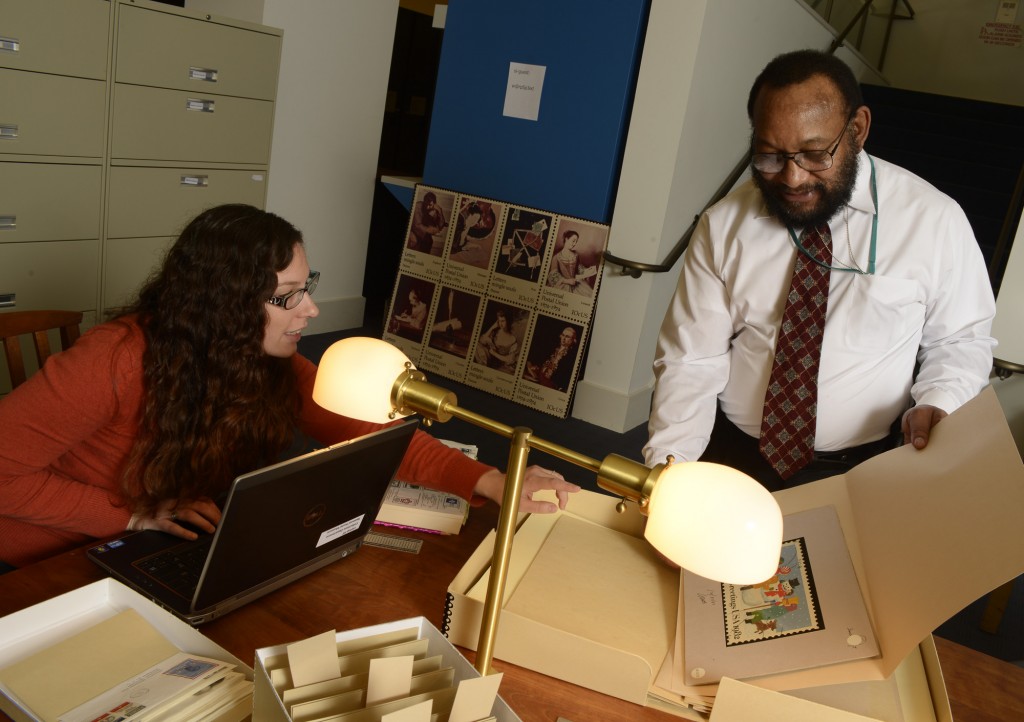From November 28th through December 9th, the Smithsonian Libraries, Smithsonian Institution Archives, Biodiversity Heritage Library, Smithsonian Field Book Project and Smithsonian Transcription Center will host the #ManyHatsofHolmes transcription event. Help more »
Tag: Smithsonian Institution
This is the second post in a two-part series. Catch up on the first part here. Allegra Tennis interned with the Field Book Project and Metadata Services over the summer to investigate Smithsonian research related to countries with populations of under a million.
I came to the field of librarianship from a scientific background. The processes, details, and discoveries to be made have always held a magical quality for me. As I grew up and talked with others, I began to notice that not everyone views science in this way. Many people seem to be interested in science, whether in the idea of it, the usefulness of it, or they raw beauty of it. Yet too often people are intimidated by science, either by the research or by the researchers themselves.
This is the first post in a two-part series.
Lawrence N. Huber devoted several pages of his journal lamenting the fact that the Navy vessel he was aboard had run out of Wheat Chex. This comes from a young man who was out in the middle of the Pacific Ocean, banding thousands of often rather uncooperative birds, making observations of any type of fauna he came across in the Pacific Islands, and swimming in the ocean with open abrasions with the stated intention of attracting sharks. All these things to write about (which he also does), but his main complaints revolve around food, the quality of it, the quantity of it, and the absence of it, as in the case of his beloved Wheat Chex.
It is well-known that author Ian Fleming appropriated the name of his Secret Agent 007 from a book in his library, Birds of the West Indies by James Bond. The more »

While working at the National Postal Museum (NPM) Library, we often stumble upon treasures that are waiting to be discovered. We find them in boxes of donations, tucked away on a shelf, behind cabinets, and underneath metal file drawers, but sometimes they are hidden in plain sight.
Last fall, I marked the season for the harvesting of grapes to honor John Adlum, the little-known “Father of American Viticulture.” The origins of the first commercially viable vine in the American wine industry can be traced to the District of Columbia.
Now, with the great interest in Alan Turing, the recent auction sale of this English mathematician’s 56-page notebook for more than a million dollars, and the success of the movie, “The Imitation Game,” let’s look at another (and earlier) computer pioneer genius, Herman Hollerith, and the importance of his Washington invention. Hollerith was, as stated in the title of his principle biography, “The forgotten giant of information processing.” Again, it was the beginning of a huge industry—surprisingly but not at all incidentally—in the nation’s capital.


